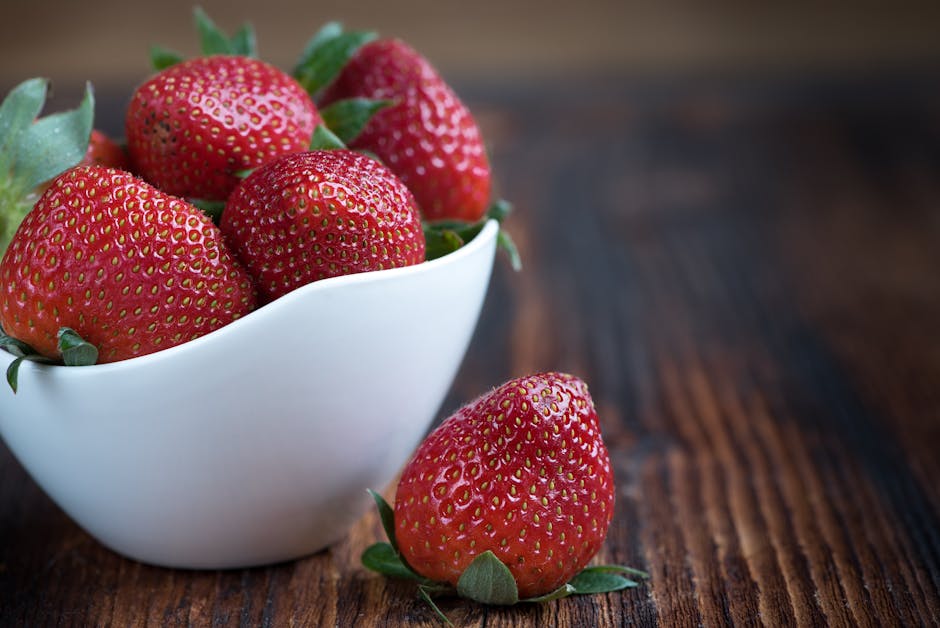Our bodies are ceaselessly engaged in a complex biochemical ballet, a delicate dance between creation and destruction. A byproduct of this essential metabolic activity is the generation of reactive oxygen species (ROS), also known as free radicals. These highly reactive molecules, possessing unpaired electrons, relentlessly seek stability, often by stealing electrons from other molecules within the body. This electron theft initiates a chain reaction, causing damage to cellular structures like proteins, lipids, and DNA. This damage, often referred to as oxidative stress, is implicated in the development of numerous chronic diseases. Here, antioxidants emerge as critical players, acting as the body’s natural defense mechanism against this relentless onslaught.
Antioxidants function primarily by neutralizing free radicals. They achieve this by donating an electron to the free radical, thereby stabilizing it and preventing further damage. This simple act of electron donation is far from trivial; it represents a crucial line of defense in maintaining cellular integrity and overall health. The body produces its own endogenous antioxidants, such as superoxide dismutase (SOD), catalase, and glutathione peroxidase. However, dietary intake significantly supplements this endogenous production, making nutritional choices a powerful tool in bolstering antioxidant defenses.
A diverse array of nutrients exhibits antioxidant properties. Vitamins C and E are prominent examples, acting as chain-breaking antioxidants in lipid membranes and aqueous environments, respectively. Vitamin C, a water-soluble vitamin, effectively scavenges free radicals in the bloodstream and cellular fluids, protecting against oxidative damage to proteins and DNA. Vitamin E, a fat-soluble vitamin, primarily protects cell membranes from lipid peroxidation, a destructive process that can compromise membrane integrity and function.
Beyond vitamins, carotenoids, a group of pigments found in colorful fruits and vegetables, exhibit significant antioxidant activity. Beta-carotene, lycopene, and lutein are notable examples. These compounds effectively quench singlet oxygen, a particularly reactive form of oxygen. Their potent antioxidant action contributes to their association with reduced risks of several chronic diseases, including certain cancers and age-related macular degeneration.
Polyphenols, a vast and structurally diverse class of plant compounds, represent another crucial source of dietary antioxidants. Found abundantly in fruits, vegetables, tea, coffee, and cocoa, polyphenols encompass a wide range of molecules, including flavonoids, phenolic acids, and stilbenes. Their antioxidant mechanisms vary, but they generally involve scavenging free radicals, chelating metal ions (which can catalyze free radical formation), and modulating enzyme activity involved in oxidative stress.
The role of minerals in antioxidant defense mechanisms is also noteworthy. Selenium, a trace mineral, is a vital component of glutathione peroxidase, an enzyme that plays a key role in neutralizing hydrogen peroxide, a reactive oxygen species. Zinc contributes to the activity of several antioxidant enzymes and supports the immune system, further bolstering the body’s defenses against oxidative damage. Copper and manganese also participate in enzyme systems involved in antioxidant defense, highlighting the synergistic interplay between different nutrients.
Dietary intake plays a crucial role in maximizing antioxidant defenses. A diet rich in fruits, vegetables, whole grains, legumes, nuts, and seeds provides a diverse array of antioxidants, ensuring a broad-spectrum protection against oxidative stress. However, it’s important to note that there is no single “magic bullet” antioxidant. The synergistic effects of multiple antioxidants are crucial, underscoring the importance of a balanced and varied diet rather than focusing solely on individual compounds.
Further complicating the picture is the bioavailability of antioxidants. Bioavailability refers to the extent to which a nutrient is absorbed and utilized by the body. Factors such as food processing, cooking methods, and individual differences in metabolism can influence the bioavailability of antioxidants. For instance, the antioxidant capacity of fruits and vegetables can be diminished by excessive cooking or processing. Likewise, genetic variations can influence the efficiency with which the body utilizes different antioxidants.
While antioxidants undoubtedly play a crucial role in protecting against oxidative stress and its associated health problems, it’s crucial to avoid oversimplifying their role. Antioxidant supplements are frequently marketed with claims of miraculous health benefits. However, the scientific evidence supporting these claims is often mixed or inconclusive. In some cases, high doses of certain antioxidants may even have adverse effects. A balanced diet, rich in a variety of antioxidant-rich foods, remains the most effective and safest way to maximize the benefits of antioxidants.
Furthermore, focusing solely on antioxidants overlooks other crucial factors that contribute to overall health. Regular exercise, adequate sleep, stress management, and avoiding tobacco use are all essential components of a healthy lifestyle that supports cellular health and reduces the risk of chronic diseases. Antioxidants are part of a larger picture, a crucial piece of the puzzle, but not the complete solution.
In conclusion, antioxidants are integral components of the body’s intricate defense system against oxidative stress. They function by neutralizing free radicals, preventing damage to cellular components, and contributing to overall cellular health. While the body produces its own antioxidants, dietary intake significantly contributes to this vital defense. A balanced and varied diet, rich in fruits, vegetables, and other antioxidant-rich foods, provides a potent and effective strategy for maximizing antioxidant defenses and promoting optimal health. However, relying solely on supplements should be approached with caution, emphasizing the importance of a holistic approach to health and wellness. A healthy lifestyle, incorporating a variety of factors beyond just antioxidant intake, remains the most comprehensive approach to disease prevention and longevity.
